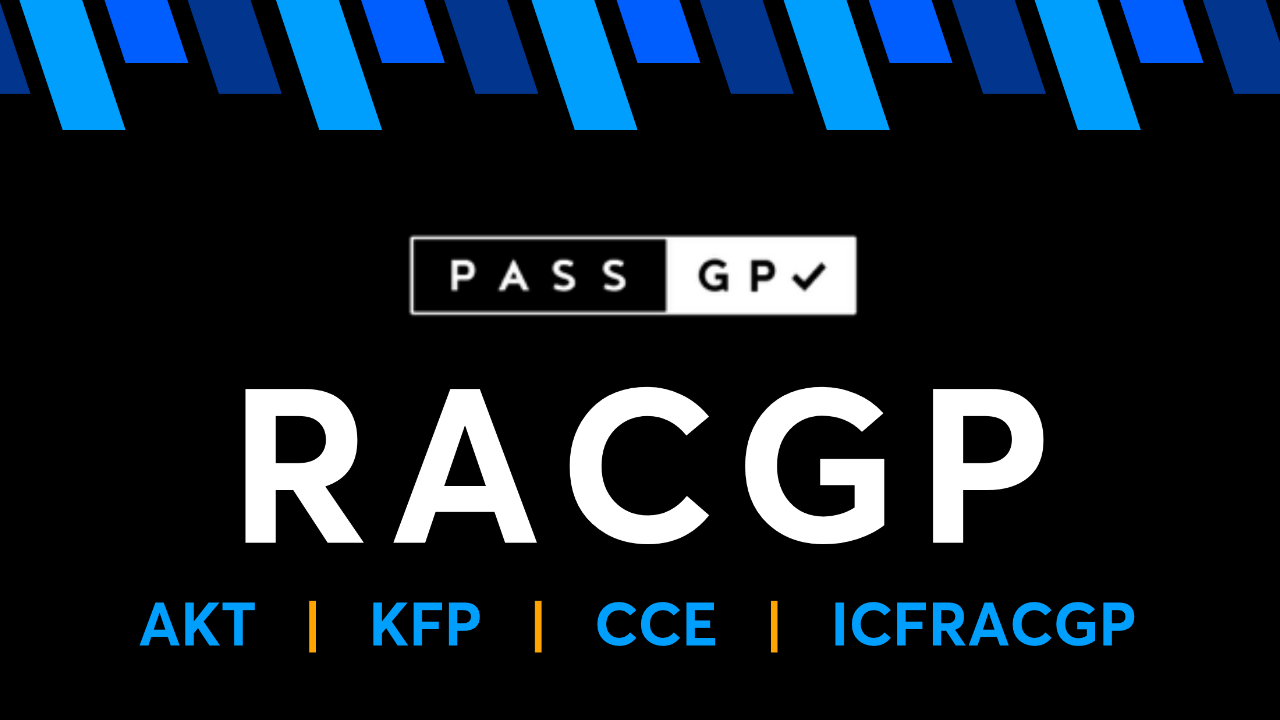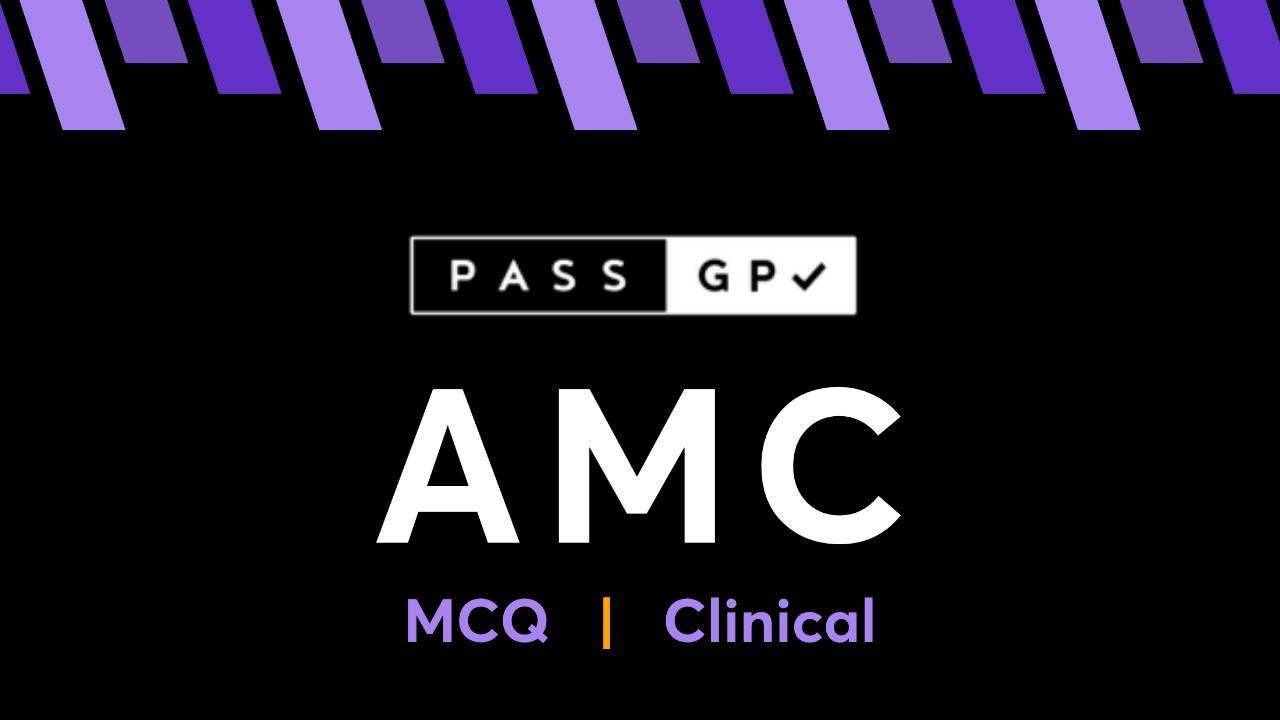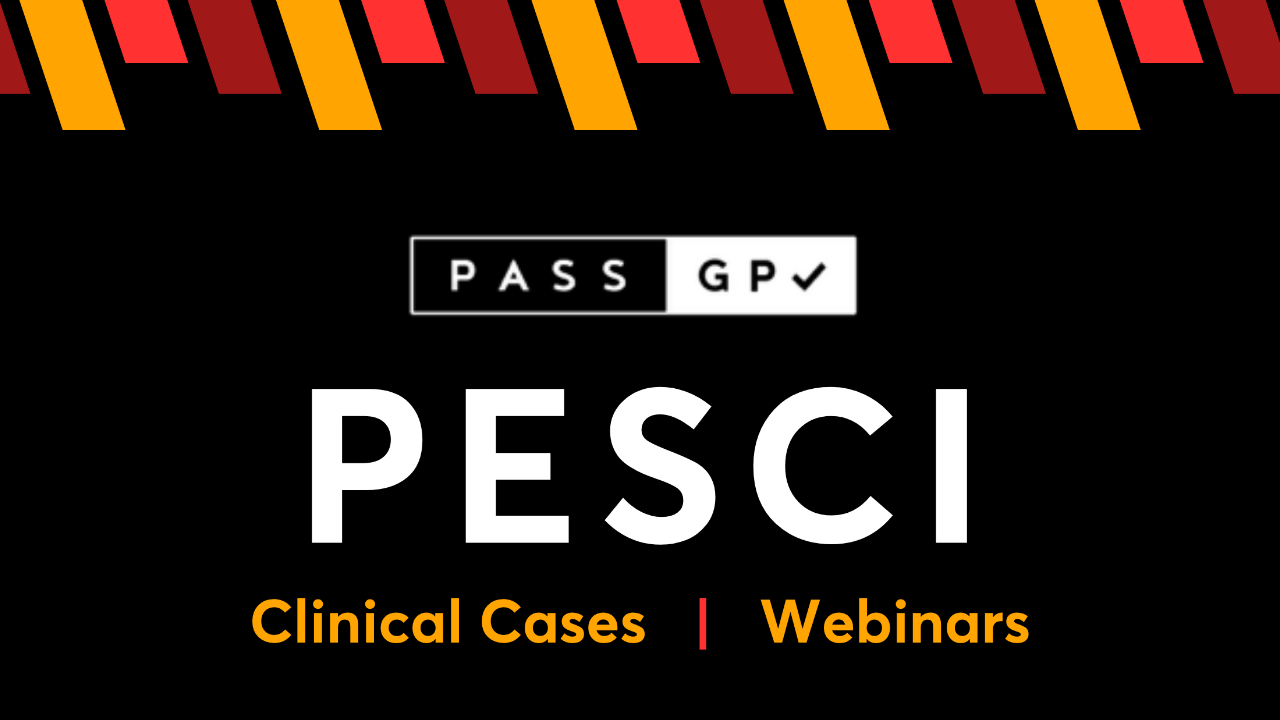Motivational Interviewing Courses for GPs and IMGs: What to Look For and Where to Start
Jul 08, 2025
Motivational interviewing (MI) has become an essential skill in modern general practice. Whether you're working with patients to manage chronic disease, reduce alcohol intake, or support mental health goals, MI helps doctors move from telling to guiding — fostering real, sustainable change.
For GP registrars and International Medical Graduates (IMGs), learning motivational interviewing isn't just helpful for clinical outcomes — it can also give you the edge in fellowship exams and in day-to-day patient rapport.
So where do you start?
What Is Motivational Interviewing?
Motivational interviewing is a structured, evidence-based communication style that helps patients explore and resolve ambivalence about behaviour change. It was originally developed in the addiction medicine space but is now used across nearly every aspect of primary care.
MI is:
- Collaborative: led by patient goals
- Non-judgemental: avoids confrontation or direct persuasion
- Directive: helps patients explore their own reasons for change
For example, rather than saying:
“You really need to quit smoking. It’s damaging your health.”
MI might sound more like:
“How do you feel your smoking is affecting your health right now?”
Why GPs Need MI Training
In general practice, patient-centred care is more than a slogan. You need to:
- Support behaviour change in chronic disease
- Address mental health and substance use issues
- Improve adherence to treatments
- Build trust in brief consults
Registrars who are confident in MI often report:
- Better patient engagement
- Less frustration during complex consultations
- Improved case-based reasoning for KFP and CCE exam performance
What to Look For in an MI Course
If you're considering a motivational interviewing course as a GP or IMG, here are the key things to check:
- Healthcare-Specific Content
- Does the course use examples from GP or allied health?
- Are scenarios relevant to smoking, diabetes, weight, alcohol, etc.?
- Interactive Components
- Live workshops or Zoom-based training
- Opportunities to practise responses, not just watch lectures
- Credentialing and Recognition
- Is it recognised by RACGP or ACRRM?
- Are CPD points available?
- Flexibility and Cost
- Self-paced? Evening workshops?
- Can you complete it while working full time?
- Feedback and Coaching
- Does the course provide feedback on your communication style?
- Is there a role-play or observation component?
Recommended MI Courses for GP Registrars and IMGs
Here are several reputable options that registrars in the PassGP community have found helpful:
- PassGP Bespoke 1:1 Coaching: Tailored feedback from experienced GP educators on how to apply motivational interviewing techniques in exam scenarios and real consultations.
- Motivational Interviewing Network of Trainers (MINT): Global standard with both face-to-face and virtual formats.
- HealthChange Australia: Offers MI-focused training recognised for CPD.
Always check eligibility, delivery format, and whether the course content includes a primary care lens.
How MI Is Tested in RACGP and ACRRM Exams
According to A/Prof George Eskander, former RACGP National Lead Examiner:
“The CCE doesn’t just test knowledge — it tests your ability to communicate with patients in a way that actually helps. MI is part of what we’re looking for in those difficult behavioural or motivational cases.”
In CCE or StAMPS cases involving obesity, alcohol, smoking, medication refusal, or risk-taking behaviours, you’ll be expected to:
- Demonstrate empathy
- Elicit the patient’s agenda
- Avoid lecturing
- Collaboratively develop a plan
MI is not a bonus skill — it’s essential.
How PassGP Integrates MI into Exam Preparation
At PassGP, we don’t just give you questions — we teach you the communication techniques to succeed.
Our CCE and KFP mock cases:
- Include motivational interviewing scenarios (e.g., smoking cessation, alcohol use, obesity, diabetes)
- Highlight effective vs ineffective phrases
- Provide video-style model answers that demonstrate communication tone
We also discuss:
- When to use open-ended vs closed questions
- How to handle patient resistance
- How to gently shift from exploring to planning
Want to Practise MI in Exam Scenarios?
Start your free trial at PassGP and access over 4500 exam-style questions written by experts including A/Prof Eskander himself.
Final Thoughts
Motivational interviewing isn’t a soft skill. It’s a clinical tool that directly improves outcomes, strengthens patient relationships, and boosts your exam readiness.
For GPs and IMGs alike, taking a course in MI — and applying it in practice and exams — is one of the smartest moves you can make in 2025.
At PassGP, we’re here to guide you every step of the way.







